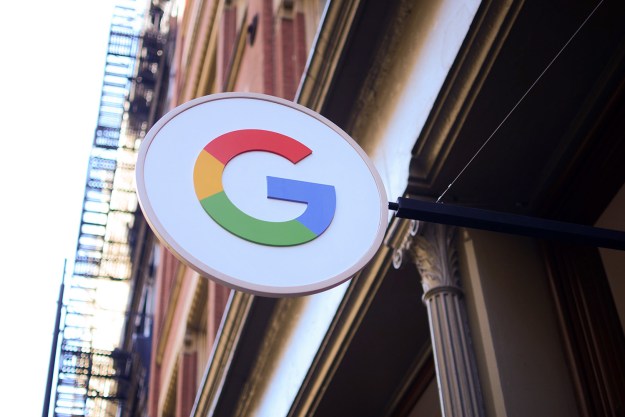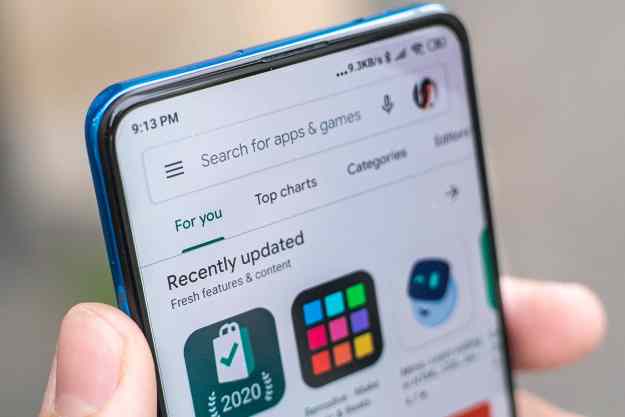
In other words, millions of Android users are currently at risk of an attack — though we don’t yet know if anyone has been affected as a result of the vulnerability.
To identify the vulnerable apps, researchers used a custom tool to analyze hundreds of thousands of apps on the Google Play Store. As a result of the analysis, 410 apps were identified as vulnerable to open port attacks. In those apps, there were just shy of a thousand total exploits. Which app are affected is not yet known, but the researchers indicate that the vulnerabilities have been reported to developers, which means most, if not all, of the vulnerabilities will be patched in the near future.
So what exactly is an open port attack? Put simply, an open port is a tiny vulnerability in the apps code that acts like a crack in a wall, allowing hackers to get in and gain access to user data and eventually remotely install malware onto the phone.
Unfortunately, we may never know exactly what apps are affected and how to protect ourselves in this specific case, but there are always a few things you can do to minimize your risk of being hacked. For example, never download apps that aren’t from the Google Play Store. Not all apps are safe — but at least you won’t be downloading apps with malware in the code. You should also generally stick to well-known developers on the Google Play Store, as they’ll often be more serious about developing safe apps.
Editors' Recommendations
- Google Messages vs. Samsung Messages: Which app should you use?
- Google is paying a $700 million fine, and you’re getting some of it
- Google just redesigned one of its biggest apps, and it’s bad
- App developers get relief from Google tax in one of Android’s biggest markets
- Google’s Android monopoly finds its biggest challenge, and Apple might be next


